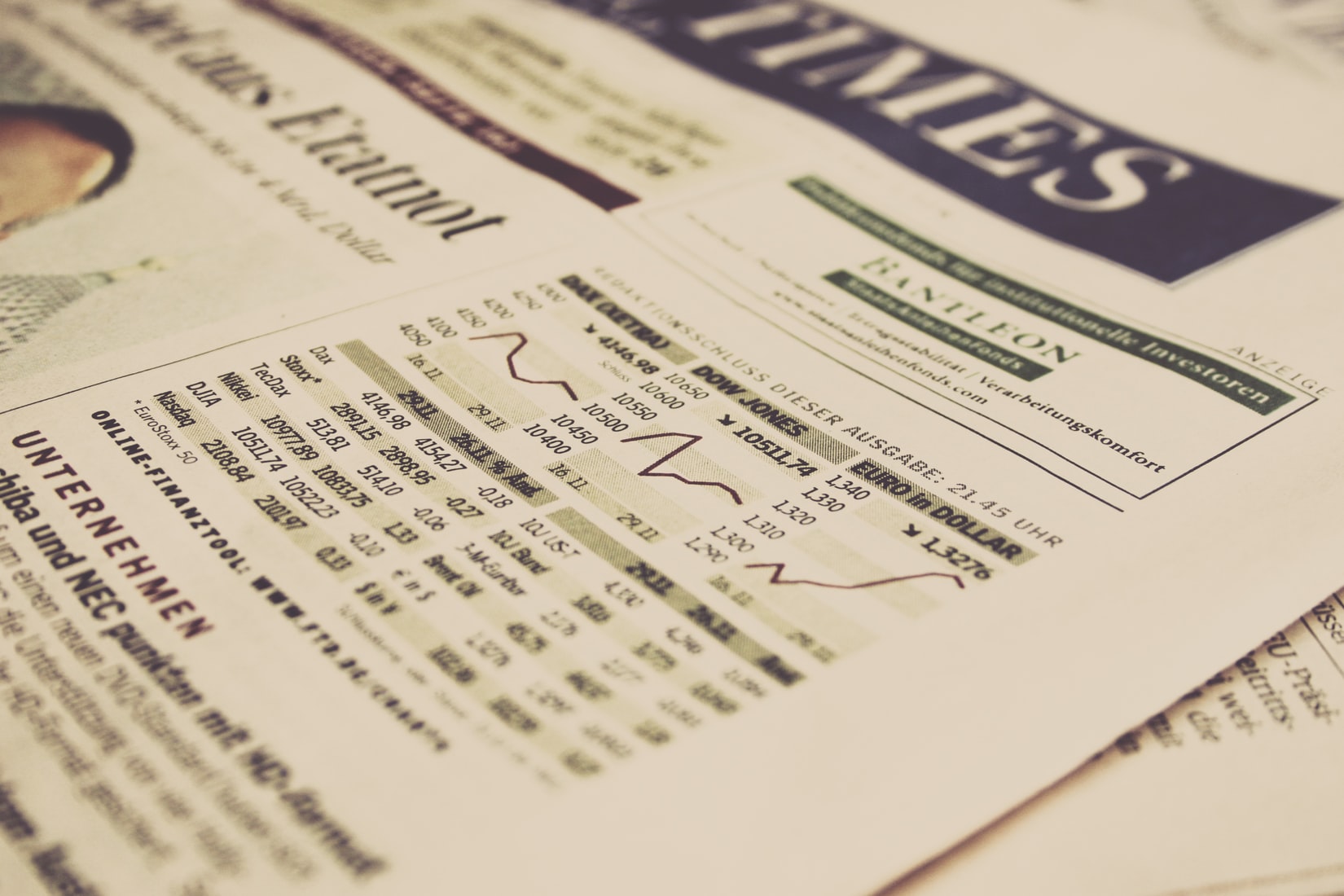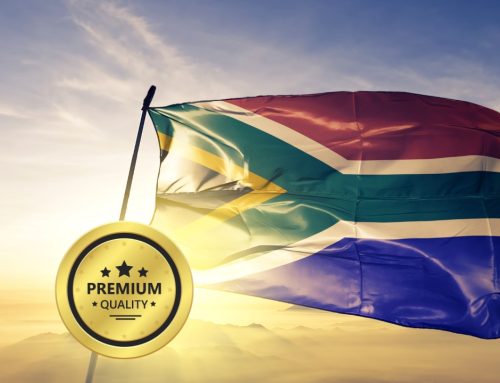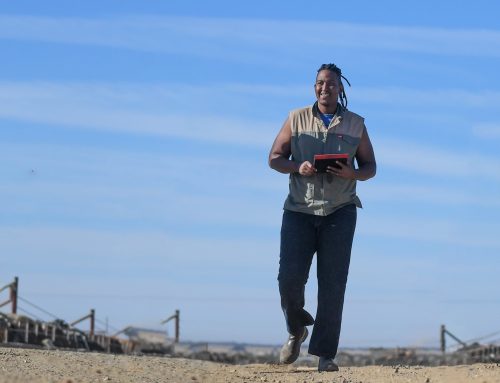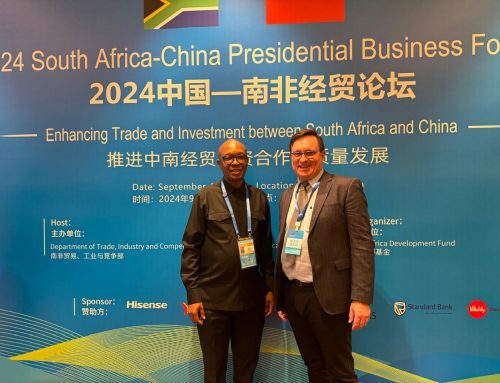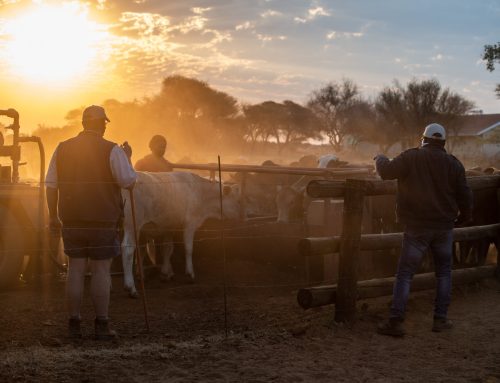This is the view of Roelie van Reenen, supply chain executive at Beefmaster Group, a leading specialist producer of quality beef products to South Africa and beyond.
“Government is wanting to permanently enact COVID-19 measures into the health regulations. But this will severely hamper our economy,” says van Reenen. “In a climate with escalating fuel and food prices, staggering inflation and increasing interest rates, we need more levers we can pull to get our economy going again and the current regulations as well as those proposed are not going to achieve this,” says van Reenen.
He says that the current restrictions that are still in place are significantly inhibiting the economy, with one such example being large scale events, as capacity is still severely restricted with all gatherings only permitted at 50% of the venue capacity. Yet important industry gatherings – without restrictions – are necessary to stimulate and ensure a thriving economy and agricultural sector.
“In pre-pandemic times agricultural players would gather at events like NAMPO, the biggest agricultural show in the Southern hemisphere, to cement new business deals and existing relationships. These events were events were an excellent revenue generator and vital promotion platform for the sector, which has fallen away during COVID-19.”
He adds that stadiums are another good example, as fully functional stadiums cost less per seat to operate, create more jobs, and allow money to be spent and circulated back into the economy. “We need events and stadiums to be opened to full capacity.”
Another major concern for van Reenen is that 32 land borders that were closed under the state of disaster regulations to limit the spread of COVID-19, will remain closed under the latest raft of regulations announced earlier in April.
“This is limiting trade between our neighbours and other African countries and making it difficult to find alternative routes for the import and export of goods,” says van Reenen. “We want to see these borders opened to stimulate trade again.”
He adds that this is even more necessary in light of the severe strain on the shipping industry due to global supply chain backlogs, which is now only going to be more adversely affected given the uncertainty regarding the services of Durban harbour.
He says that all of the measures that are still in play will only mean that the over-stretched consumer will end up paying more for goods and services, and that the poor will bear the brunt of these economic burdens.
“As abruptly as the Act was instated, so too should many of the measures that are currently still in place be abolished, as these are limiting not only industry’s ability to progress, but putting great strain on the pockets of consumers. The time has now come to take drastic steps,” concludes van Reenen.

